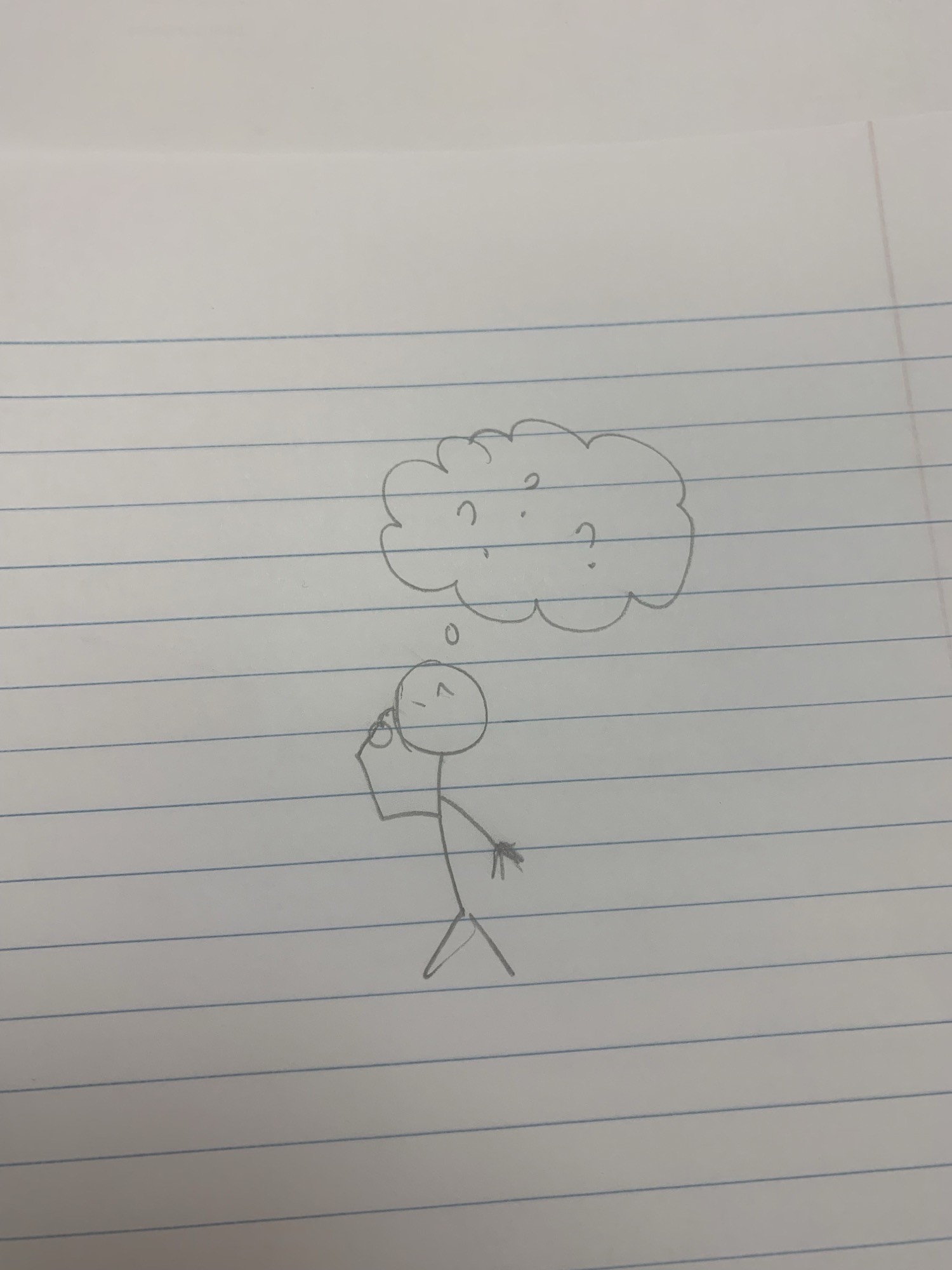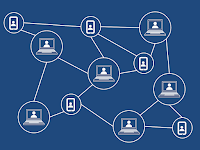I was looking through EducationWeek (digital edition) when two articles gained my attention: High Teacher Expectations Boost Long-Term Student Outcomes (Madeline Will, 2022) and Why One Principal Is Asking Her Staff to Do Less (Crystal Thorpe, 2022). As a teacher, I identified with both of them. One made me want to put my Super Teacher Cape on and strap it on tight. The other confirmed to me that it was alright to take the cape off for a while and attend to my personal needs. After reading them, I realized that neither was fully right nor wrong. Even more than that, I realized that I had a third option.
Read along and hear about my short but thought provoking journey through The Land of No Guilt Teaching.
High Teacher Expectations Boost Long-Term Student Outcomes
What I loved about this article: In my opinion, this article did an excellent job of highlighting the influential role that we teachers play in the lives of our students. Regardless of how we feel about it, we are important people in their lives. This article expanded on this reality by highlighting the following:
- Regardless of the type of school, teacher expectations matter…a lot.
- A teacher’s belief in a child influences a student’s belief in self.
- Students that believe in themselves are more likely to be engaged in school and take ownership of their own outcomes.
- This belief is also true in reverse. Teachers with negative beliefs in their students transfer that belief to the child, resulting in negative outcomes
Things that made me say “Hmm”: In my opinion, the article did not give enough credit to the parent’s role in student expectations. Data shows that income level influences the way that parents are involved with their child’s education, hesitant parents can be supported to become more involved, and parents continue to be critical partners in student outcomes.
In addition to this, the research referenced in this article compared charter/private schools with public schools. There was a reference that specific characteristics were controlled that could influence the outcomes. Yet, the fact that these two groups were being compared for expectations was a red flag for me.
I work at a Public Montessori open enrollment school. For a student to attend my school, the parent has to be intentional in getting their child through the enrollment process and learning a new teaching approach that they may have never experienced themselves. That alone is a unique characteristic that cannot be controlled but should be if comparing groups. This is the same for students in a charter or private school.
If the comparison was about teacher expectations between charter/private school to charter/private schools, I suspect (I am not sure) that a new theme may have emerged. The outcomes may have shown more discrepancies based on race, ethnicity, and/or gender. I also suspect that discrepancies may arise when comparing student expectations based on school of choice vs. assigned school.
The article also suggested that, overall, public school teachers had lower expectations for their students than the teachers at charter/public school in areas such as going to college. Again, I think this was an unfair assumption because you are comparing students from different resource groups.
The expectation to go to college is a resource-based expectation. For example, I work every day. I do not expect to be a billionaire, but I do expect to maximize the financial opportunities within my realm. Two different types of expectations are influenced by the resources available to me. Depending on the question you ask, you will get a “no” or a “yes”. I think this is true for our public school teacher’s expectations of their students as well.
Why One Principal is Asking Her Staff to Do Less
What I loved about this article: To begin with, I love that this is coming from a Principal looking out for her staff. I greatly appreciate that. Principals have a tremendous responsibility to produce results. For one to take a moment to consider the well-being of her teaching staff is much appreciated.
This article also effectively highlighted the teaching battlefield that we have all experienced over the last few years. It was not just Covid. It was the social and racial tensions our society has been experiencing. The political and budget battles. The ongoing struggles of the American family, the Ukrainian War, mass shootings…the list goes on! It is time for all of us to have a season of self-care. “All” includes teachers.
Things that made me say “Hmm”: The things that made me raise a brow are also actions that I appreciated from this article. The Principal here decided to support trained teaching staff in taking an active position in building a responsive school culture based on feedback from some of her teachers that attended a conference on this topic. Wow!
So, why was I hesitant? They were doing it through their Professional Learning Community (PLC) time. If there is one thing that I do need, it is for my PLC time to be based on what I believe I need to be doing to develop as a professional. None of the areas referenced would have been useful for where I am as a teacher right now. This reminded me of the many times when my District came up with trainings that would help teachers, presented by teachers, and was not what was needed for the kids I am teaching in my class.
Both of these articles made me want to put my Super Teacher Cape on, and then quickly take it off. But, they did lead me to a third option for me, and it is one that I already have. Check in next time to hear about it.
NOTE: The opinions in this written article are my personal views. They are not the opinions of any other entity or organization.






More Stories
NEA: End Federal Funding for Corporate Charter Schools
Med flight, EMS help mock crash teens teach prom safety
Create Your Own USGS Maps